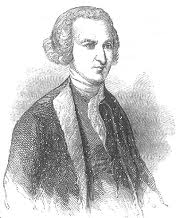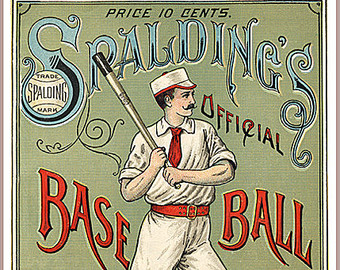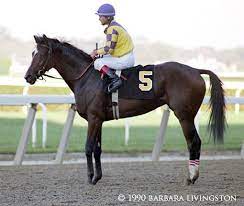Why Didn’t John Dickinson Sign the Declaration of Independence?
Why Didn’t John Dickinson Sign the Declaration of Independence?
Several months ago I read an article in the American Conservative magazine that lay this out to me and now I think is a good time to re-visit this topic. Dickinson is, for the most part, a forgotten man. This is chiefly due to his refusal to sign the paper. This was a Declaration that he worked on with the other architects of this historic document.
Who is John Dickinson?
He has some background to our country that shines brightly. One of his first duties took place in 1767 when he spoke out in response to the Townshend Duties. In that eloquent speech, he took the King and Parliament to tasks and explained how they, not the colonists, were breaking faith and imposing rules over the colonists. He worked tirelessly in the colonies, worked on the Revolution, was elected twice to political office and was a member of the Continental Congress. He helped draft the Articles of Confederation and was a member of the Continental Army. He was a distinguished gentleman. But he didn’t sign the Declaration of Independence.
He worked on this cause and was a proponent of independence from tyrannical Britain. But his refusal has shown historian, for the most part, have vilified him for his actions. Dickinson reflected on the enormity of the deed and he began his oration about the colonies declaring independence was a large price to pay and treading careful at that moment in history was the way to handle this situation. But who can doubt that he was justified in contending that, absent the intervention of France on the side of the revolutionaries—which was unlikely to occur in the near future, and quite possibly would never happen at all— this revolution could not be won, and the consequences of a succession of bloody and losing battles would be debilitating and long-lasting? Dickinson understood the implications of his refusal to vote stating, “My conduct this day, I expect will give the finishing blow to my once too great and, my integrity considered, now too diminished popularity.
How did he handle this? In stride and with character. He had no intention of defecting or going over to the side of the Loyalists. He stayed away from the final vote which is registered as a abstained ballot. Immediately, he left his work in Congress and joined the Continental Army. He was obligated, in his mind, to make it work.
The opinions in this blog are those of Tom Knuppel




